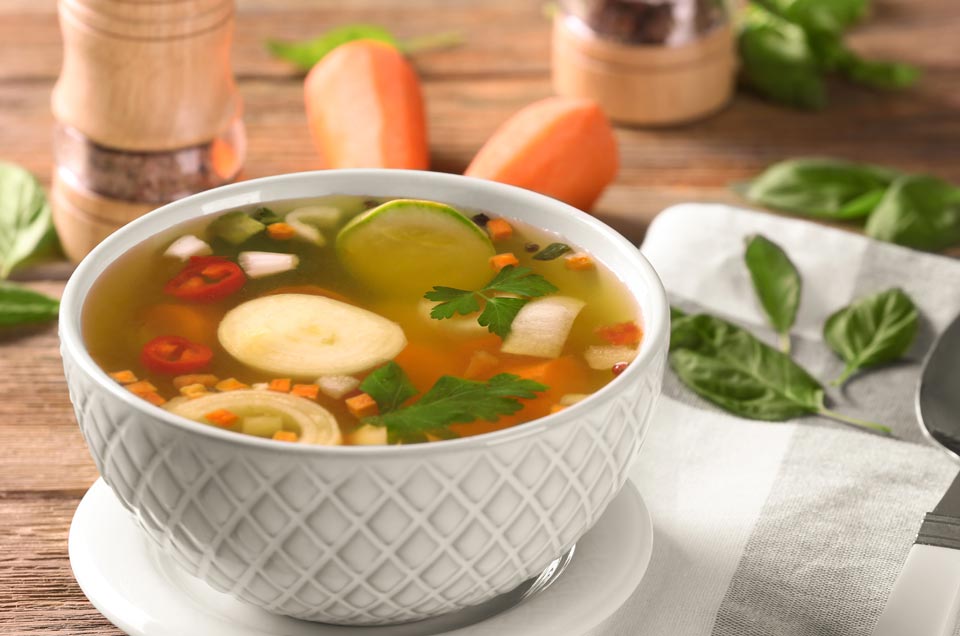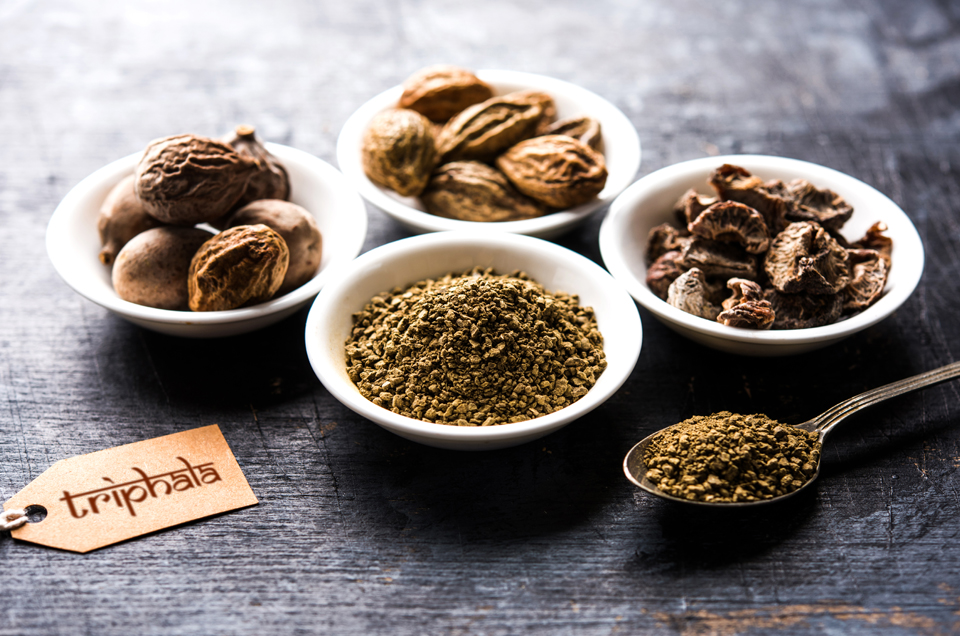According to Ayurveda, the effects of food are determined by the following qualitative factors -
Nature (Prakriti)
Foods can be categorized according to their nature. They can be oily, heavy, light, dry and moist. The consumption depends on the nature of the food. For instance, heavy foods (oily and fried) can’t be eaten in large quantities, whereas foods that are light in nature (soup, boiled veggies) can be consumed in substantial amounts.
Processing (Karana)
The way we cook changes the internal characteristics of the food we’re using. Different methods of preparation include steaming, frying, baking, or boiling. In addition, it also matters what other ingredients we’re adding to enhance the flavour of the preparation. Not all of us can have raw food and neither can we live on simple, boiled food. We will add herbs and spices to improve its taste and to make it easier to digest.
Combination (Samyoga)
Combining two ingredients or food elements can result in another component with entirely different properties. For instance, when we add lemon to milk, it turns into curd.
Quantity (Rashi)
The quantity, as well as the proportion of the food consumed plays a vital role when it comes to its effects on the body. Therefore, excessive intake of sweets and heavy foods can lead to digestive problems. Similarly, having too many sour foods can cause hyperacidity.
Habitat (Desha)
The environment, climate, and the location in which the ingredient was produced is a significant factor. Soil, temperature, location, and climate can be determining factors when it comes to taste, characteristics, and nutritional value. Foods grown in a humid environment are bulky in nature than those grown in an arid climate.
Time or season (Kala)
This refers to the time or the season of the produce and the appropriate season to consume that produce. For example, eating hot, spicy foods during summer can conflict with good health and lead to problems like indigestion, heartburns, inflammation, etc. To fully benefit from a food’s nutritional value, it’s important to factor in the Kala.
Dietary guidelines (Upyog-samstha)
It has been observed that same ingredient can have varied effects according to the way it been eaten. Therefore, it’s essential to follow the dietary guidelines provided in our Vedas.
The consumer of the food (Upyokta)
The individual who consumes the food is also a determining factor in the effects of food. His / her constitution, age, digestive power, dietary habits, and the dominant dosha all affect how the food interacts with the body. For, e.g. hot and spicy foods may not be the best choice for a Kapha dominant individual.
It may seem like a lot to take in, but the combined effects of these factors will have an undeniable influence on our food preferences. Understanding them in depth will allow us to fully understand the benefits, nutritional value, and characteristics of food and use them in a way that was intended by our enlightened forefathers for the overall benefit of our body, mind, and soul.




 Jan 21, 2020
Jan 21, 2020
 Prev
Prev





























